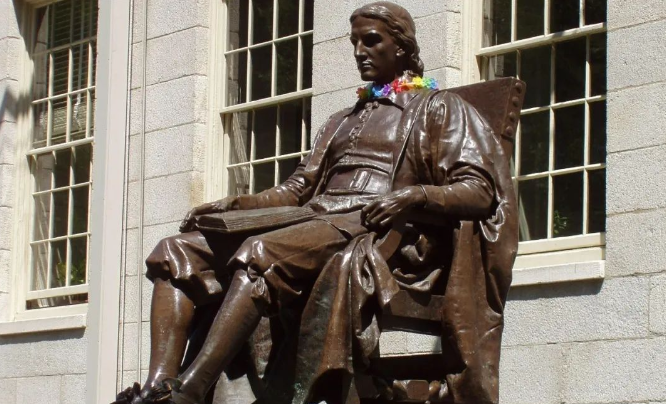In 1621, a group of English Separatists, later known as the Pilgrims, established Plymouth Colony in present-day Massachusetts. Fleeing religious persecution, they sought a place to worship freely and build a community based on their faith. Their journey aboard the Mayflower and their struggle for survival in the New World became a cornerstone of American history. But what did they find when they arrived, and how did their ideals shape the future of a nation?

Plymouth Colony was far from a paradise. The land was rocky, the climate harsh, and the soil unsuitable for cash crops like tobacco. Yet, the Pilgrims were resourceful. With the help of local Wampanoag tribes, they learned to farm corn, fish, and trade furs. Unlike the earlier Jamestown settlers, who suffered an 80% mortality rate, the Pilgrims’ communal spirit and strong leadership under Governor William Bradford kept their death rate at a “manageable” 50%. Bradford’s Mayflower Compact, a 200-word document signed aboard the ship, laid the groundwork for self-governance in America, a radical idea in an era of divine-right monarchies.
But the Pilgrims were just the beginning. Their cousins, the Puritans, arrived in droves during the 1630s, fleeing the increasingly oppressive rule of King Charles I. Unlike the Separatists, the Puritans wanted to “purify” the Church of England, not separate from it. Led by John Winthrop, they envisioned a “City upon a Hill,” a shining example of Christian virtue for the world to emulate. Their settlement, Boston, quickly became the heart of the Massachusetts Bay Colony.
The Puritans were a disciplined bunch. They worked six days a week, spent Sundays in hours-long sermons, and wore plain black clothing to avoid vanity. They banned Christmas celebrations, theater, and even Shakespeare, viewing such pleasures as distractions from God. Yet, for all their austerity, the Puritans were also pioneers of education. They established public schools to ensure children could read the Bible and founded Harvard College in 1636, which would grow into one of the world’s most prestigious universities.
Despite their lofty ideals, the Puritans were far from tolerant. They exiled or executed those who challenged their beliefs, including Quakers and other dissenters. Their rigid society, ironically built on the pursuit of religious freedom, became one of the least free in colonial America. Yet, their emphasis on education, self-governance, and moral discipline left an indelible mark on American culture.
Cultural Impact and Modern Connections:
The Pilgrims and Puritans laid the foundation for many American values, from the importance of education to the principles of self-governance. Their legacy is a mixed one: a quest for freedom that often denied freedom to others. Yet, their story reminds us that the pursuit of ideals is rarely straightforward. Today, their “City upon a Hill” vision continues to inspire debates about America’s role in the world, while their struggles with tolerance and freedom echo in contemporary discussions about diversity and inclusion. Love them or loathe them, the Pilgrims and Puritans helped shape the nation we know today.

No comments yet.